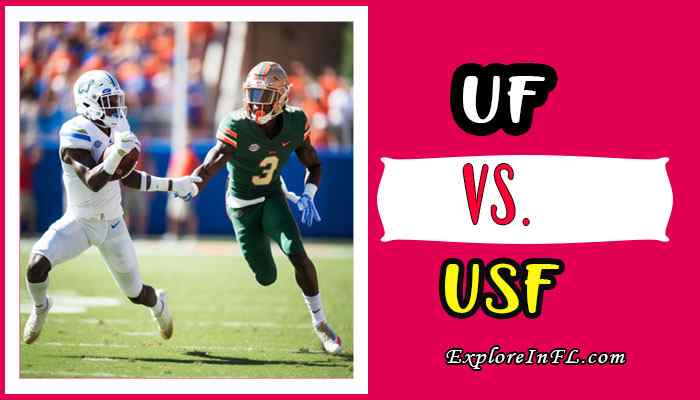What to Do If You See an Alligator in Florida? A Comprehensive Guide
Welcome to the Sunshine State, where Florida’s enchanting landscapes may lead to unexpected encounters with one of its most iconic residents – the alligator.
In this detailed guide, I’ll walk you through the intricacies of dealing with an alligator sighting, emphasizing safety, understanding, and responsible coexistence. So, buckle up for a Floridian adventure filled with insights and practical tips.
Understanding Florida’s Alligator Population
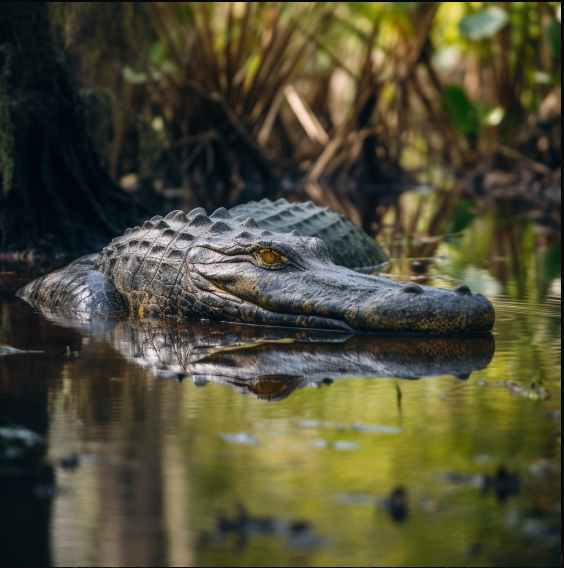
Florida, with its diverse ecosystems, is home to a substantial alligator population. From the quiet depths of freshwater lakes to the meandering swamps, these reptiles are a common and integral part of the state’s natural tapestry.
Their presence is not just a quirk; it’s a testament to the thriving biodiversity of Florida’s wetlands.
See Also: How To Grow Grass Fast In Florida?
Why Do Alligators Roam Florida?
Digging a bit deeper, understanding why alligators roam Florida is essential. These reptiles have been residents of the region for millions of years, playing a critical role in maintaining ecological balance.
They control fish populations, create essential habitats for other wildlife, and contribute to the overall health of Florida’s wetland ecosystems.
What to Do If You See an Alligator in Florida?
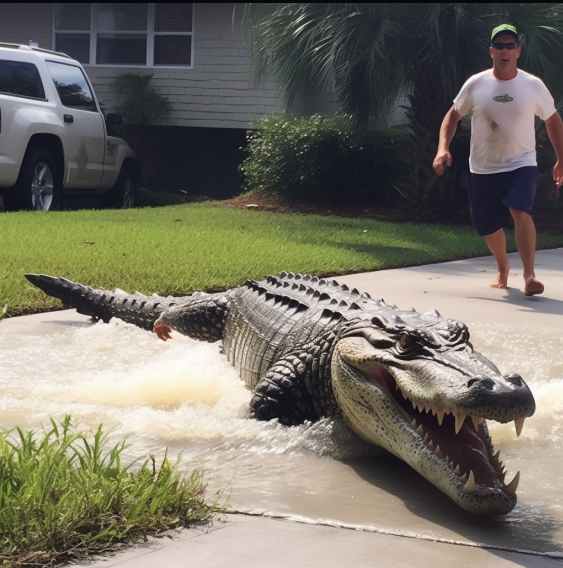
Picture this: you’re enjoying a serene day by the water when you spot an alligator. The first rule of thumb is to stay calm.
Assess the situation by observing the alligator’s size, behavior, and proximity. Smaller alligators are generally less of a threat, but regardless of size, caution is paramount.
Maintain a Safe Distance
Alligators are powerful creatures, equally adept in water and on land. Keep a safe distance of at least 20 feet. Remember, they can move quickly, and what may seem like a docile state can change in an instant. Respect their space, and they’re likely to respect yours.
Never Feed the Alligator
In the realm of “definitely don’ts,” feeding an alligator tops the list. Not only is it illegal, but it also poses significant risks.
Feeding associates humans with food, altering natural behavior and increasing the likelihood of future, potentially dangerous interactions. So, resist the urge to toss that sandwich their way.
Read Also: Does Costco Sell Liquor in Florida?
Steps to Take After Ensuring Safety
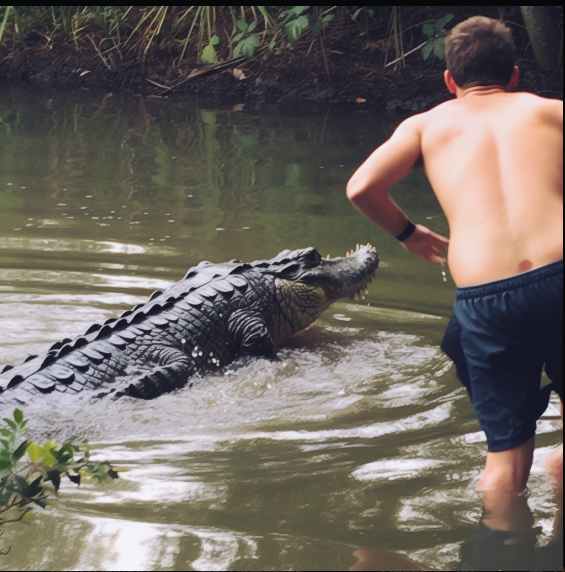
Once you’ve ensured your safety, it’s crucial to alert local authorities about the alligator sighting. Florida has dedicated wildlife management agencies equipped to handle such situations.
Reporting sightings helps them monitor alligator behavior and implement necessary measures to safeguard both residents and reptiles.
Think of it as community service in the realm of wildlife. Spread the word about the alligator sighting to those in the vicinity.
Whether it’s your neighbors, fellow tourists, or unsuspecting joggers, making others aware enhances collective vigilance. After all, an informed community is a safer community.
Understanding Alligator Behavior
To coexist harmoniously, understanding alligator behavior is crucial. Alligators are most active during dawn and dusk, making these times particularly important to exercise caution.
They often bask in the sun during daylight hours, strategically positioning themselves for optimal warmth. Knowing these patterns enhances your awareness.
Tips to Avoid Future Encounters
Preventing future encounters is a proactive approach to coexistence. Stay vigilant around water bodies, especially in areas known for alligator presence. Keep pets on a leash, preventing them from becoming unwitting playmates for gators.
Familiarize yourself with local guidelines on coexisting, turning your newfound knowledge into a shield against potential encounters.
Alligators and Their Role in the Ecosystem
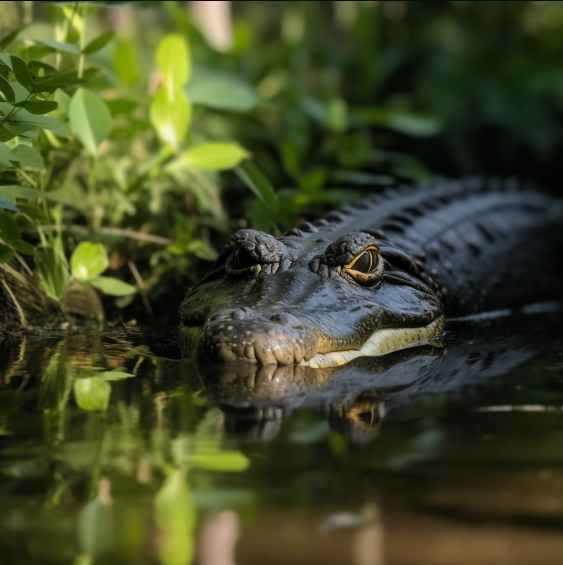
Beyond their intimidating exterior, alligators play a crucial role in Florida’s ecosystem. Acting as natural regulators, they control the population of prey species, preventing overgrazing and maintaining biodiversity.
Their presence contributes to the delicate balance that sustains the state’s unique and diverse wildlife.
Respecting Wildlife: A Shared Responsibility
Respecting alligators, as with any wildlife, is a shared responsibility. Our actions, as residents and visitors, shape the delicate balance of Florida’s ecosystems.
By adhering to guidelines, staying informed, and promoting responsible behavior, we actively contribute to the well-being of both humans and wildlife.
Conclusion
In the intricate dance between humans and alligators, knowledge and respect take center stage. Encountering an alligator in Florida might be a heart-pounding experience, but armed with the right information, you can navigate these encounters safely.
Stay calm, keep your distance, and report sightings to local authorities – simple actions that pave the way for responsible coexistence.
So, embrace the allure of Florida’s natural wonders, and remember, understanding is the first step to harmonious cohabitation.





